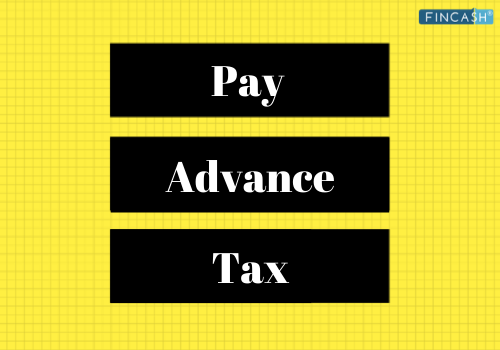What is Payroll Tax?
The tax withheld, charged, or imposed on an employer's paycheque is payroll tax. Wages, gross salary, incentives, and any other employee payment will be included in this category. This tax is imposed regardless of the employee's residence, marital status, or other personal circumstances.

Payroll Taxes, in a nutshell, are taxes that an employer must pay or withhold on behalf of their employees.
Payroll Taxes Examples
Payroll tax can be divided into three types, each of which offers advantages to employees in social and medical security. These are as follows:
- Provident Fund
- Employees' State insurance
- Gratuity
Who Pays Payroll Taxes?
Employees pay payroll taxes, which are levied on their wages or salaries. Payroll taxes are often withheld from an employee's salary at a minor proportion. These taxes fund various services for employees, including medical insurance and social security.
Talk to our investment specialist
Payroll Tax Calculator
Basic pay, Allowances, Deductions, and IT Declarations are generally the four basic components of payroll computations. The formula to calculate payroll tax is as follows:
Gross Income – Gross Deductions = Net Income
Where,
- Gross Income = Basic Salary + HRA + All Allowances + Reimbursements + Arrears + Bonus
- And
- Gross Deductions =professional tax + Public Provident Fund + income tax + Insurance + Leave Adjustments + Loan Repayments
Employer Payroll Taxes
Employers must withhold 12% of an employee's basic pay as a contribution to the Employee's Provident Fund (PF), a post-employment benefit. Employers must also provide a 12% matching contribution as the employer's share.
For the employee, both of these contributions are tax-free. PF is one of the most effective (though compulsory) tax-planning tools accessible to salaried workers.
Why is there Payroll Tax?
Payroll tax plays an important role in the Indian Economy. It was introduced for the following reasons:
- Employees bear the primary responsibility for paying taxes. You must understand your taxes as a responsible citizen of the country and ensure that they are paid on time.
- India's payroll taxes are critical to the country's economy. With this tax money, every country thrives and prospers as it aids in developing sectors and improving public places.
- To avoid fines, any individual with some income in India should pay professional taxes on time.
- Payroll taxes are important to assist firms in their initial years of business with planning. Ultimately aiding in the expansion and development of the business sector
Payroll Tax Vs. Income Tax
One of the most significant distinctions between payroll tax and income tax is who contributes towards the tax. The employee is responsible for the entire tax amount when it comes to income tax.
And when it comes to payroll taxes, both the employer and the employee bear the burden equally. Here are a few more differences between payroll tax and income tax for better understanding.
| Basis | Income Tax | Payroll Tax |
|---|---|---|
| Meaning | Income tax is a type of marginal tax in which you pay a predetermined rate based on your income level | Payroll tax is a type of tax levied on employees or employers, with a part of the levy going to the government on their behalf |
| Payee | Employee | Both employer and employee |
| Nature | Progressive | Regressive |
| Purpose | Contribution toward the welfare of society | Contribution towards future benefits of employee |
| Calculation | Income tax is a system of variable tax rates that is determined according to the appropriate tax slab | Payroll tax is usually a Flat rate tax that is computed as a tiny proportion of the wages, salaries, and bonuses that are given to employees |
| Simplicity | Income tax is more complex as it takes into consideration multiple factors | Relatively simple |
The Bottom Line
Payroll can be a complicated task, and most managers and employers have made mistakes in calculating Tax Deducted at Source (TDS), and Tax Collected at Source (TCS).
On the other hand, payroll management systems have revolutionised the game, making it easier for managers to manage their workload. Payroll management systems have also moved to cloud-based storage, which improves data security and accessibility while also lowering payroll mistakes.
All efforts have been made to ensure the information provided here is accurate. However, no guarantees are made regarding correctness of data. Please verify with scheme information document before making any investment.












